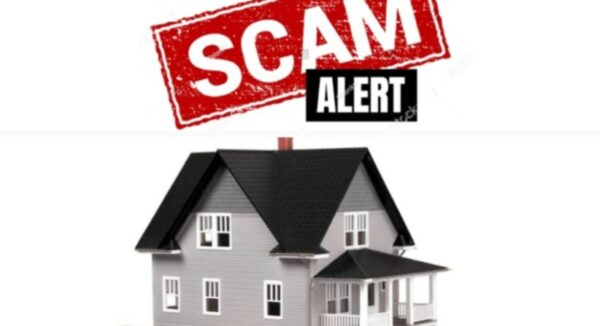Buying or renting property in South Africa can be exciting, but it also comes with risks — especially from scammers looking to exploit unsuspecting buyers or tenants.
Whether you’re house hunting online or working through an agent, it’s important to stay alert.
Here are five common property scams in South Africa and how to avoid them.
1. Fake property listings
Scammers often post attractive listings online — sometimes with stolen photos — at below-market prices to lure in victims. Once you’re interested, they’ll ask for a deposit or viewing fee upfront. After the payment is made, the “agent” disappears and the property either doesn’t exist or isn’t actually for rent or sale. Always verify listings on reputable platforms and never pay anything before seeing the property in person.
2. Phantom landlords or owners
In this scam, fraudsters pose as landlords or owners, often claiming to be overseas or unavailable for in-person meetings. They might ask you to pay a deposit to secure the property or send keys by courier. In reality, they have no authority over the property. Legitimate sellers and landlords will be available for in-person communication and formal contract signings.
3. Fake estate agents
Impersonators may create fake business profiles or pretend to work for established estate agencies. They might use company logos and professional language to gain your trust. Before working with an agent, confirm their credentials with the Property Practitioners Regulatory Authority (PPRA) or through the official agency they claim to represent.
4. Title deed or ownership fraud
Scammers may falsify documents to make it seem like they own a property, and then attempt to sell it to an unsuspecting buyer. Always work with a registered conveyancer who can verify ownership through the Deeds Office. Never rely solely on documents provided by the seller.
5. Rental deposit theft
This typically occurs when someone posing as a landlord or letting agent collects a deposit and first month’s rent, only for the “tenant” to discover that the property is already occupied or not available. Always sign a legitimate lease agreement and ensure funds are paid into a verified trust account rather than a personal bank account.
